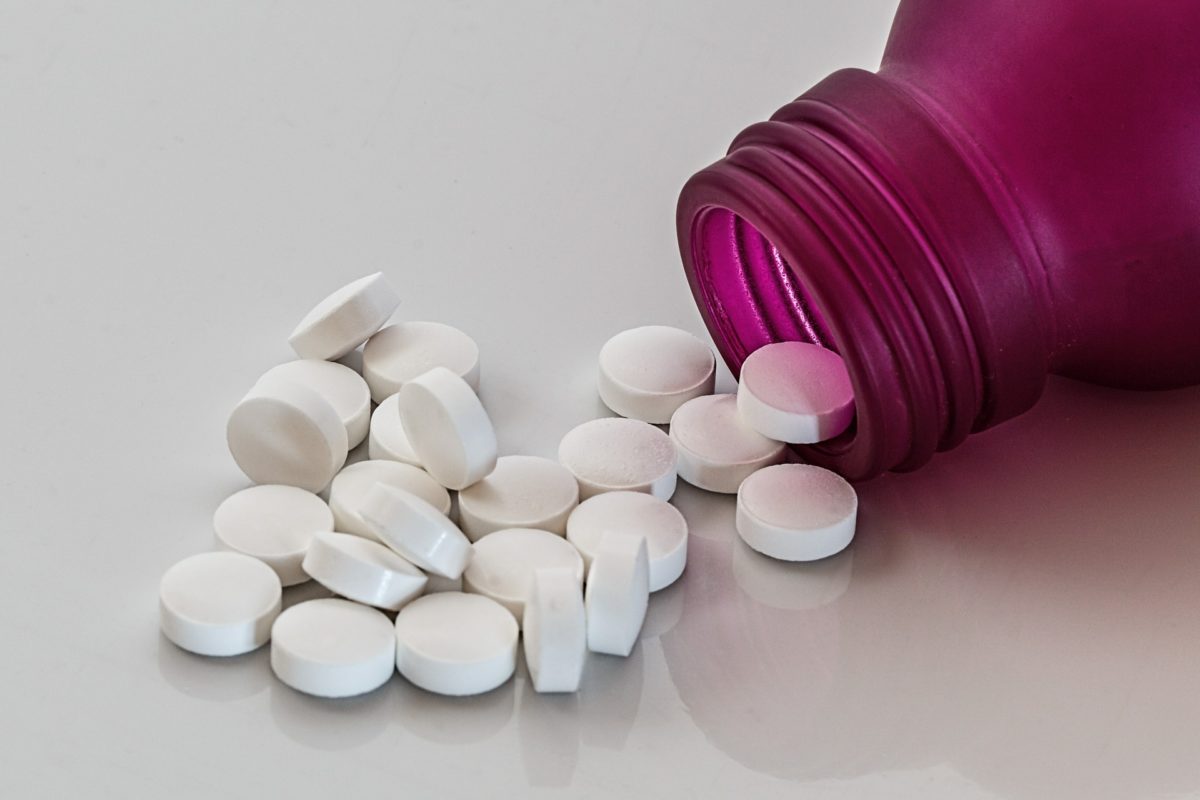KUALA LUMPUR, Jan 14 — Medicine price regulations will ultimately be advantageous to Malaysia’s pharmaceutical market in the long run, even though private players’ profit margins will initially suffer, Fitch Solutions said.
An industry trend analysis by Fitch Solutions Macro Research said controlling drug prices would enable greater access to medicine when retail prices fall.
Treatments, the US-based Fitch Group unit said, would become more affordable as regulations would prevent retailers from setting “inflated margins” on drug prices, highlighting a Ministry of Health (MOH) report that found wholesale medicine prices in Malaysia were eight times higher than the international reference price.
“The firms will potentially benefit from an increase in sales volume, offsetting some losses from declining prices,” said Fitch Solutions today.
“Growth should also be supported by an ageing and expanding population as consumers become increasingly aware of alternative products and government priorities remain favourable.”
Fitch Solutions forecast a growing need for elderly care services and orthopaedic treatment or products, noting that Malaysia’s pensionable population will reach 7.8 per cent by 2023, up from 5.9 per cent in 2018.
“The disease burden and demographic profile provide strong opportunities for foreign pharmaceutical companies to treat Western lifestyle diseases.”
MOH is targeting single-source innovative drugs sourced through public procurement in its first phase of price controls by using external reference pricing to benchmark drug prices in Malaysia against seven to eight countries.
The average three lowest reference prices will be chosen to determine the maximum medicine prices allowed in Malaysia at the wholesale and retail levels (clinics, hospitals, pharmacies).
Multinational pharmaceutical companies, private general practitioners, pharmacists, and hospitals have all opposed drug price controls in Malaysia, claiming that this may upend the country’s health care system.
UK health economist Prof Adrian Towse told a forum organised by the Monash School of Pharmacy last month that high price mark-ups on drugs sold in private clinics and hospitals are better countered through competition, rather than legislated price controls.








